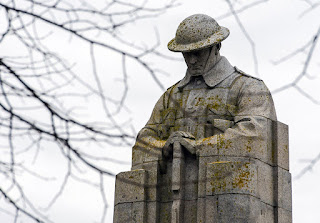'Consider him first as the God of nature': A Hackney Phalanx sermon and the riches of natural theology

While some recent extracts from an 1814 collection of sermons by Christopher Wordsworth (senior, d.1846), associated with the Hackney Phalanx, demonstrated how a lively call to vibrant faith was present in Hackney and Old High preaching, the most recent extract reasserted the necessity of good works (in line, of course, with the clear teaching of Scripture). Today we turn to another bogeyman in revivalist views of Old High preaching - natural theology. Here Wordsworth demonstrates how a rich vision of natural theology was evident in Old High preaching, rooted in the coherence of nature and grace. To quote the Cambridge Platonist Benjamin Whichcote, "God, as the author of Nature and Grace, does agree perfectly with himself". Such is the challenge of 18th century Anglican preaching to the revivalists, then and now: why on earth would Christian preaching not have a rich natural theology? Consider him first as the God of nature. There learn to listen to his awful voice in ...





